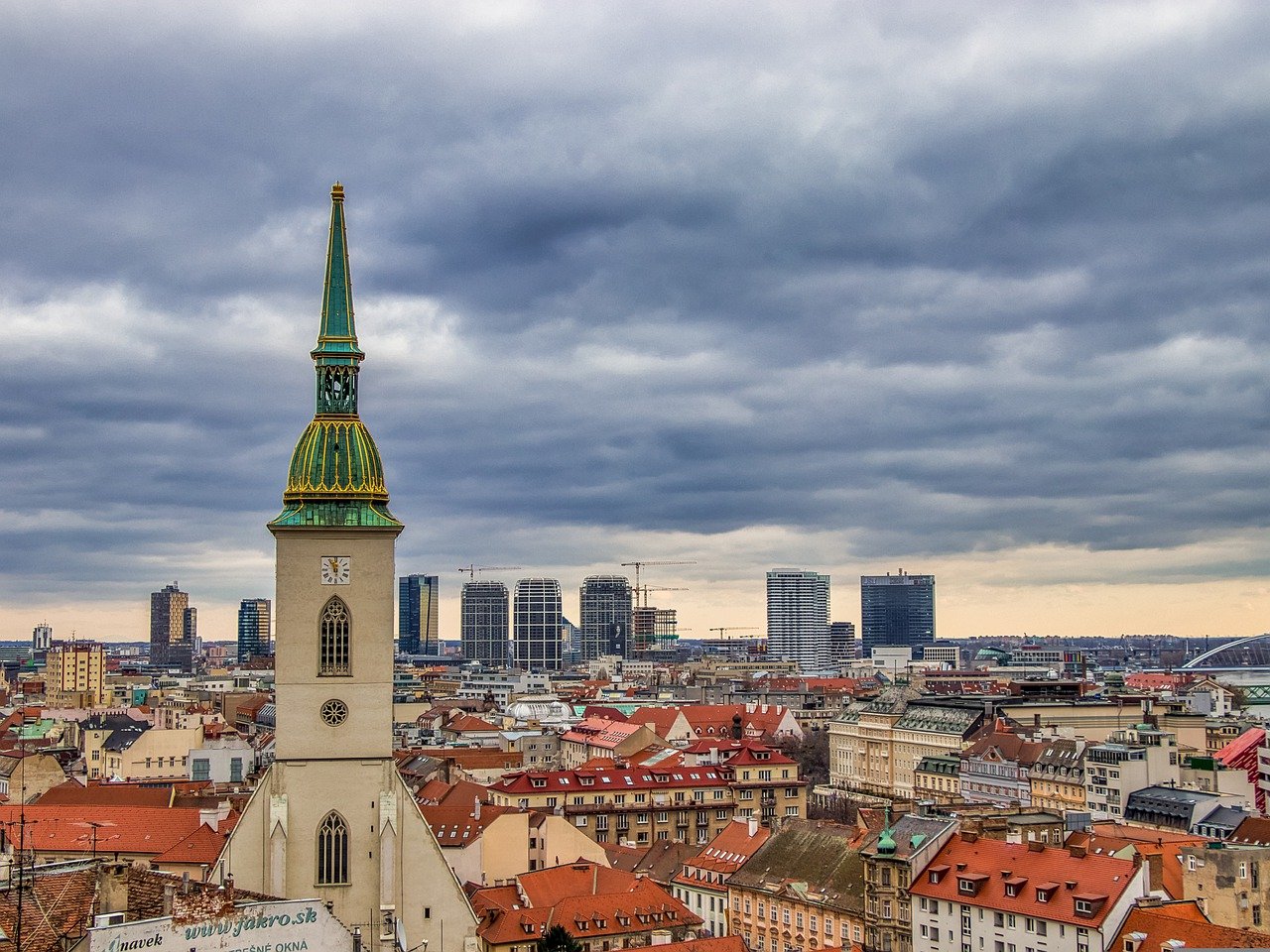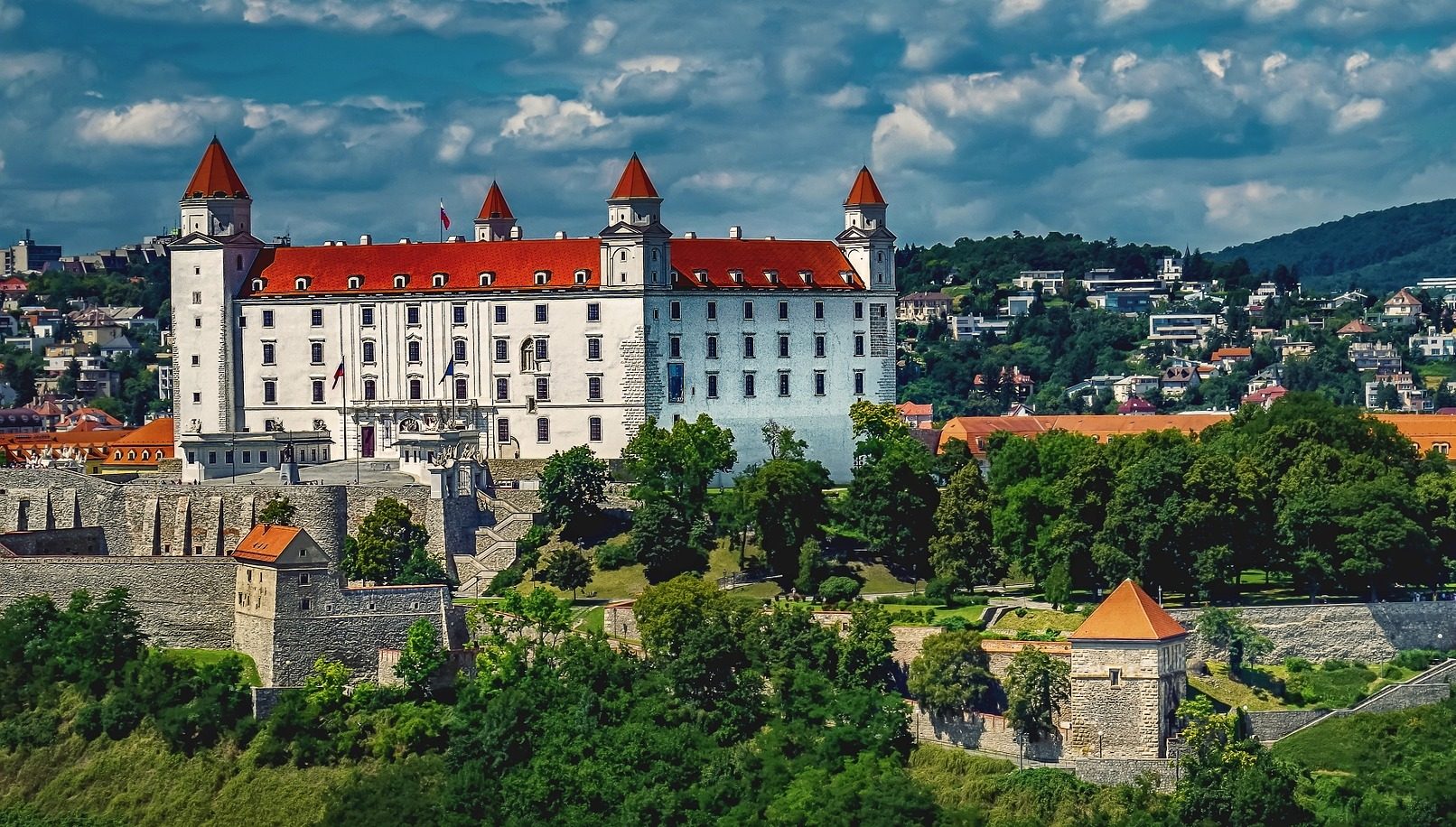
Similarly to the ethnic Slovak, the Hungarian minority political scene is splintering into unelectable micro parties.Continue reading

At a press conference in Bratislava held by the leader of the largest-polling Slovakian opposition party SMER, former Prime Minister Robert Fico, has uncovered an unprecedented attempt to influence Slovakia’s coming autumn elections by the current leading elite. Documents presented to the public exposed a secret trip of a 21 member delegation to Brussels between April 18-19, during which high-ranking participants had reportedly tried to discredit the opposition in front of unnamed EU officials.
Members of the above group came from a variety of Slovak ministries, the police, the information services, and a number of foreign funded NGOs or tech companies. Their goal was allegedly to convince EU officials that the opposition is involved in a disinformation campaign and is influenced by Russia in its decisions. Crucially, they claimed that if a coalition of nationalist and conservative parties were to come to power in November, Slovakia would exit NATO and the EU. Furthermore, they have designated political parties belonging to the opposition a “hybrid threat” to Slovakia.
The main focus of these astonishing complaints could have been Robert Fico’s SMER, currently polling above 20%, and the Slovak nationalists of Republika, polling at around 9%. Although both can be considered euro-sceptic parties, none of them have declared any intention to leave the Euro-Atlantic structures in case of an election victory. It is also telling of the current state of Slovak democracy and media landscape that none of the newspapers or press outlets have made details of the April visit public, although it is hard to believe that such a high-profile delegation involving representatives of ministries, the police and well-known NGOs would have gone unnoticed.

Photo: Facebook Robert Fico
Reportedly, among members of the delegation was Gerulata Technologies, a data analysis company, that has recently published a list of alleged Russian trolls, as a result of which, according to SMER’s press release, the accounts of a number of Slovak national conservative news outlets’ social media accounts have been removed. The involved news portals have, however, vehemently denied any links to Moscow. The director of Gerulata has recently complained to the New York Times that shortly before Russia’s invasion of Ukraine, “all the pro-Russian players” in Slovakia were activated in a “massive anti-America reaction”, creating the impression of a Moscow-orchestrated conspiracy, such as the one discredited by a recent investigation involving the US elections in 2020. The unproven narrative also echoes allegations against the Hungarian government of Viktor Orbán, that has refused to supply weapons to war-torn Ukraine.
Part of the secret delegation was the Central European Institute of Asian Studies (CEIAS), a partner institution of Gerulata. Another NGO, the Slovak Foreign Policy Association (SFPA) also joined the delegation, they are sponsored by the Embassy of the United State and United Kingdom, Norwegian Funds, among other foreign donors. A further member of the group, an NGO called Konspiratori, are also partly funded by the Embassies of the USA, Great Britain and the Netherlands. Adapt Institute, that has also traveled to Brussels, also lists Gerulata as their partner company.
The group was also joined by the NGO MEMO98 that displays George Soros’ Open Society Funds’ logo on their homepage, either as a sponsor or a partner. Last but not least, the group was joined by a research group KINIT, among whose supporters we can again find Gerulata, but also Globsec, the US foreign policy think-tank that has been at the forefront of fighting so called disinformation in the region.
If Robert Fico’s reports prove to be true, the reported trip to Brussels will come down in Slovakian modern-day history as one of the most brazen attempts to manipulate the constitutional order by the ruling elite and its associated corporate and civil partners. The media’s silence over the trip raises further questions about the freedom of speech and transparency in the Visegrad 4 country.
Featured image: Pixabay